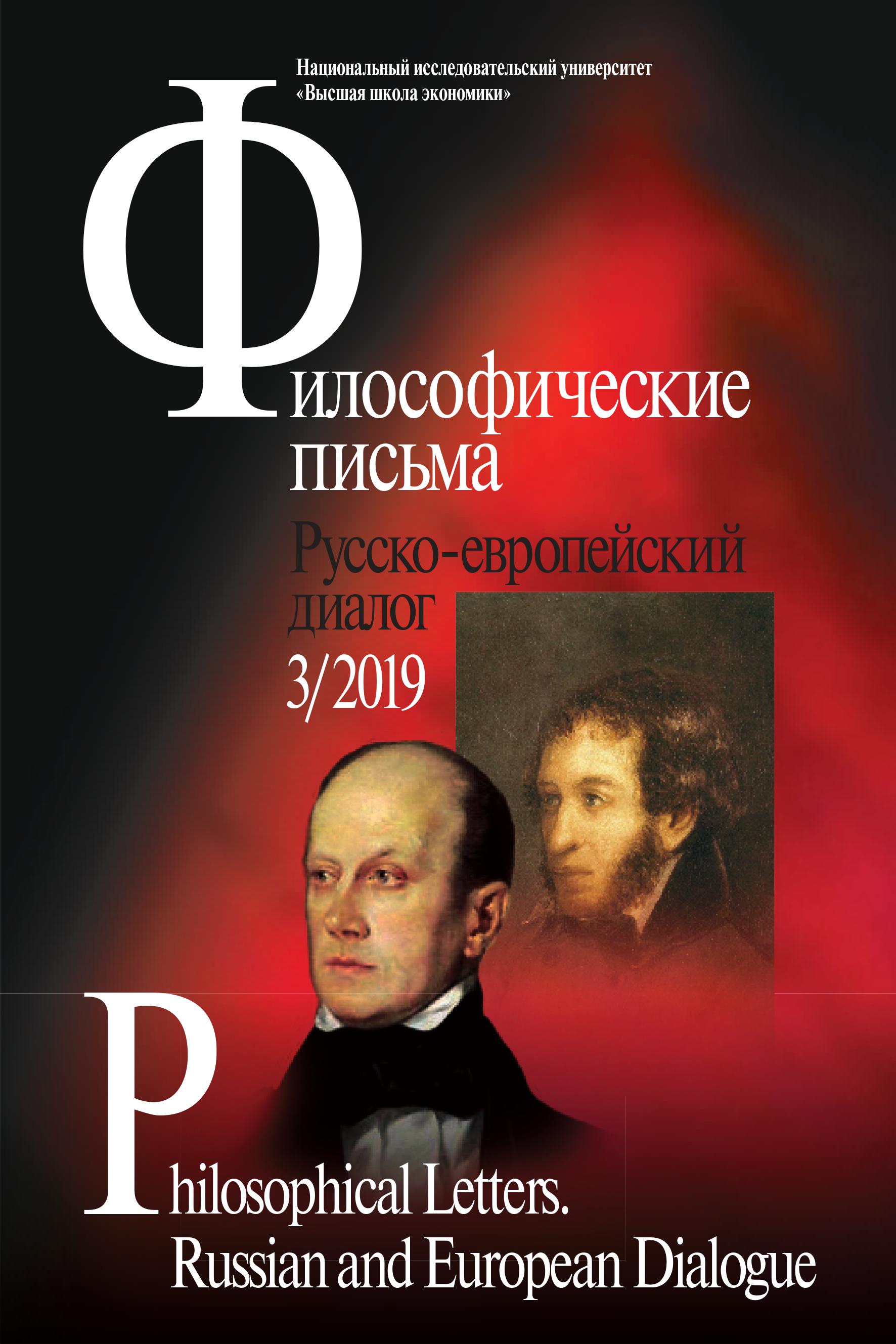Русский язык как основа музыкальной культуры России в контексте философско-эстетического дискурса (обзор)
Аннотация
Русская музыкальная культура тесно связана с национальным языком и литературой и во многом обязана творчеству русских писателей XVIII–XIX вв., прежде всего А. С. Пушкина. Композиторы XIX в. (М. Глинка, М. Мусоргский, А. Бородин, М. Балакирев, П. Чайковский) заложили основы русского музыкального звучания. В статье рассматривается вопрос об определяющей роли русского языка в процессе формирования музыкальной культуры России, обобщаются подходы отечественных исследователей — искусствоведов, представителей эстетической мысли к вопросу о роли языка, русской песни, романса в формировании русской музыкальной идентичности. В ХХ столетии особую роль в развитии традиций русского мелодизма играет вокальное творчество С. В. Рахманинова (1873–1943), его поздние романсы как отражение Серебряного века русской культуры, драматизма уходящей эпохи.

